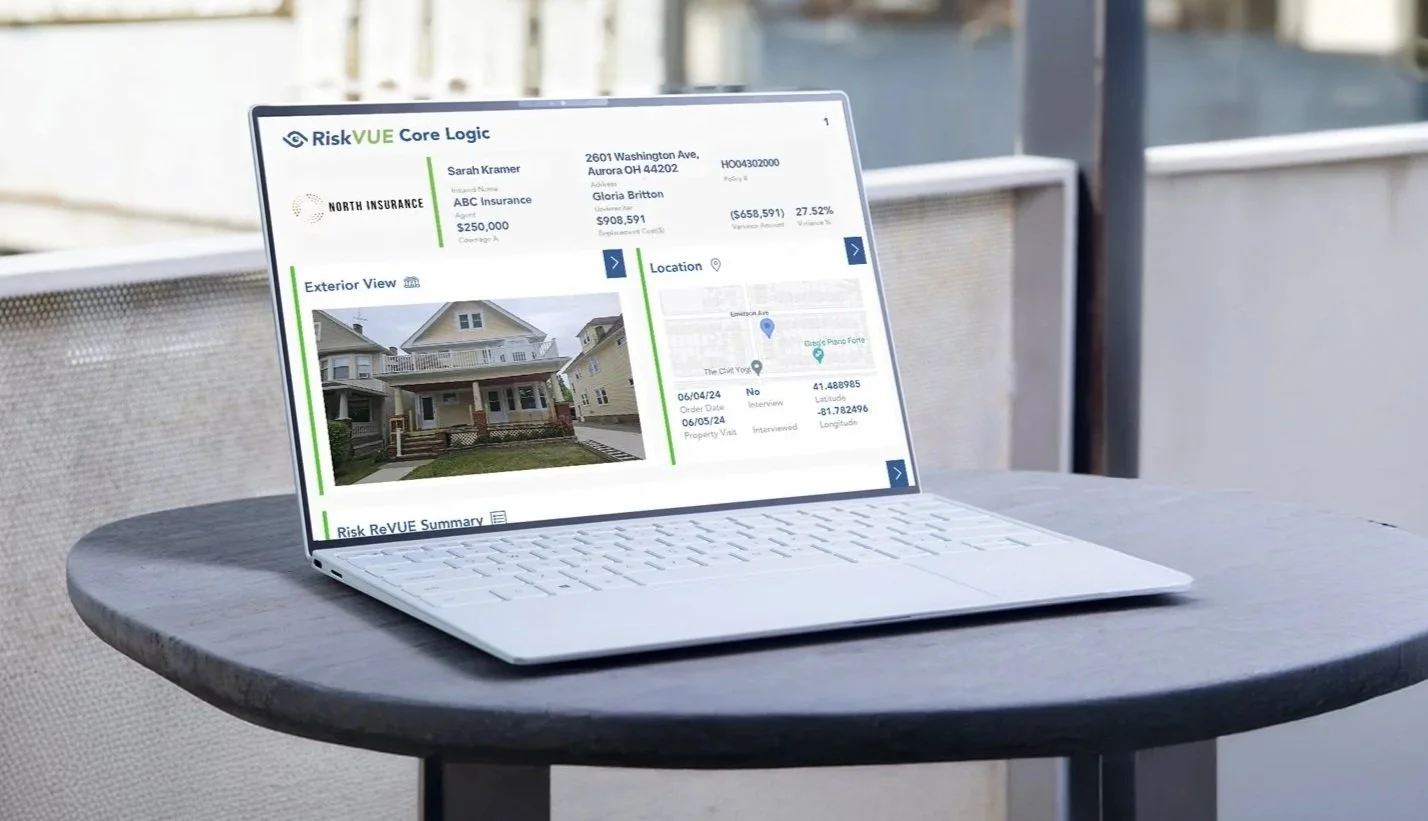The Importance of Reducing Subjectivity in Risk Assessment
The Pitfalls of Subjectivity in Property Risk Assessment
Insurance underwriting has always involved an element of judgment and discretion. Experience and intuition are undoubtedly valuable, but when underwriting relies too heavily on subjective opinions, it introduces risk of its own:
Inconsistency: Two underwriters may evaluate the same property differently, creating uneven portfolio quality.
Bias: Recent storms or claims can disproportionately influence perception, overshadowing broader data-driven trends.
Lack of comparability: Without common standards, carriers struggle to benchmark risk across their books of business.
These inconsistencies not only weaken underwriting decisions but also ripple into property loss strategies, impacting pricing, reserving, and overall risk appetite. When portfolios are built primarily on subjective evaluations, insurers face the danger of underestimating exposures—or overpricing coverage and losing competitiveness.
Introducing Objectivity with RiskVUE Hazard Scoring
In an effort to better support underwriters, JMI Reports developed RiskVUE, a hazard risk scoring platform designed to replace gut-feel assessments with measurable, objective insights. Leveraging aerial imagery and detailed property data, RiskVUE delivers:
Hazard Scores: Clear, data-backed ratings of property-level risks such as roof condition, defensible space, flood exposure, and wildfire proximity.
Consistency: Every property is evaluated against the same standards, eliminating assessor-to-assessor variability.
Efficiency: Rapid scoring reduces underwriting friction and accelerates decision-making.
Transparency: Documented data sources and scoring rationale provide a clear audit trail.
By grounding risk assessment in scalable, objective data, carriers gain a reliable foundation for decisions that directly impact loss ratios, pricing accuracy, and growth strategies.
The Benefits of an Objective Approach
Moving toward objective hazard scoring doesn’t replace human expertise—it enhances it. Underwriters can focus on complex judgment, portfolio strategy, and broker relationships, rather than re-litigating the basics of risk quality.
Key benefits of using assessment tools include:
Improved Loss Performance: There is a more substantial alignment between risk characteristics and underwriting/pricing, resulting in more accurate rate setting, reduced volatility, and improved overall portfolio profitability.
Enhanced Portfolio Management: Comparable scores enable carriers to spot patterns and manage accumulation with confidence.
Regulatory & Reinsurance Confidence: Transparent, repeatable methods demonstrate control over risk selection, helping carriers meet regulatory expectations and reinforce credibility in the marketplace.
Faster Decisions: With objective data at their fingertips, underwriters can move faster, cut through ambiguity, and make decisions with more confidence.
Driving Smarter Underwriting with JMI Reports
It’s likely that professional intuition will always play a role in underwriting. However, relying too heavily on subjectivity remains a significant obstacle in property risk assessment. With RiskVUE hazard scoring from JMI Reports, carriers can reduce variability, strengthen property loss strategies, and empower underwriters to make more consistent, data-driven decisions.



